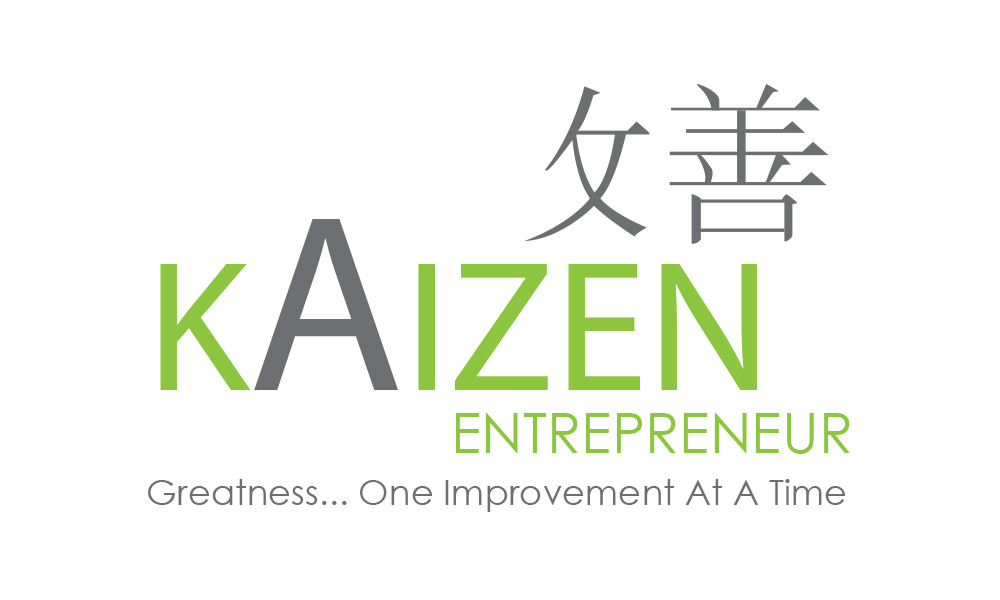“Little strokes fell great oaks.” –Benjamin Franklin
The history of “Kaizen”, can be traced back to America and the great depression of the 1920’s and laterally introduced and adopted into Japanese business culture to enable the rebuilding of the country after the end of World War II. You can find a great insight into the history of Kaizen on the wonderful blog, Art of Manliness
Kaizen is the combination of two words – Kai, meaning Change and Zen, meaning Good – in essence; making good change on a continuous basis:

Not to be confused with theoretical self-help or personal development that is continually pushed down our throats. Instead of you looking to make radical or large changes over a short space of time, you simply look to make small improvements each day, with each changing moving you closer to your goals.
“It is as equally applicable to you if you are looking to turn around a business (or grow one), become an startup entrpreneur, as it is to more personal objectives such as losing 10lbs
Each day you just focus on making a small improvement – whatever your objective is – It could be as simple as looking to make 1% improvement each day, or running an extra 100 meters each day – Neither may sound sound like a lot, but those 1 percents and 100m’s will quickly add up over a very short space of time.
“When you improve a little each day, eventually big things occur. When you improve conditioning a little each day, eventually you have a big improvement in conditioning. Not tomorrow, not the next day, but eventually a big gain is made. Don’t look for the big, quick improvement. Seek the small improvement one day at a time. That’s the only way it happens — and when it happens, it lasts.” —John Wooden
There are many examples of how adopting the Kaizen approach can benefit your life, both professionally and personally, and we will look at wide variety of topics covering Lifestyle, Mindfulness, Productivity, Entrepreneurship, Growth (personal and business), and Innovation over the Kaizen Entrepreneur.
Click below to join my journey as the Kaizen Entrepreneur.
And where does the “Entrepreneur” part come in?
The definition of “Entrepreneur” can be traced all the way back to France around 1875-80 and the word “prendre”, to take or undertake action.
Dictionary.com describes it thus:
“1875-80; < French: literally, one who undertakes (some task), equivalent to entrepren (dre) to undertake (< Latin inter- inter- + prendere to take, variant of prehendere) + -eur -eur.
The term “Entrepreneur” is more commonly described as;
“a person who organizes and manages any enterprise, especially a business, usually with considerable initiative and risk.
And it is the historical and literal definition of “Entrepreneur” that the spirit of the Kaizen Entrepreneur places its inspiration. Whereby much of what we discuss on the Kaizen Entrepreneur can and will be applicable to business leaders, startups and founders (something I am personally passionate about), I strongly believe that that the principals that we will share can be applied to creating positive change, innovation, fulfillment and success in all areas of your life.


